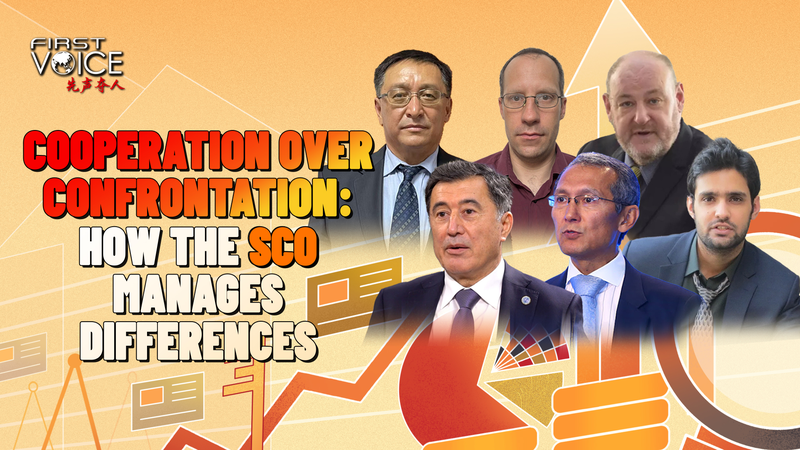In a world of rivalries and shifting alliances, the Shanghai Cooperation Organization (SCO) has carved a unique path: choosing cooperation over confrontation. With members spanning from the Chinese mainland’s western frontiers to South Asia’s diverse landscapes, the SCO faces skeptics who argue that its varied political goals and strategic interests, plus great-power rivalries, could hamper deeper collaboration.
Yet, recent SCO summits show a roadmap for success: dialogue and consensus. Rather than forcing unanimous decisions, the organization champions open debate through thematic working groups—covering security, trade, cultural exchange, and digital innovation. This approach ensures every voice is heard, from economic corridors to joint counterterrorism drills.
Take, for instance, the digital transformation track launched last year: member states pooled expertise in fintech and smart infrastructure, leading to pilot projects that streamline cross-border payments and data sharing. Such initiatives have not only boosted intra-SCO trade synergy, but also fostered trust among capitals with diverging priorities.
Moreover, people-to-people exchanges—through youth forums, academic councils, and cultural festivals—build grassroots bonds that outlast political tensions. By investing in young changemakers and entrepreneurs, the SCO cultivates a generation attuned to regional solutions and global opportunities.
Of course, challenges remain. Balancing big-power interests—especially when it comes to border disputes or energy projects—requires constant fine-tuning. But experts say the SCO’s consensus model could serve as a blueprint for other multilateral bodies grappling with polarization. In an era of flashpoint diplomacy, the SCO’s silent strength lies in its ability to turn dialogue into action, transforming diversity into a collective advantage.
As the next SCO meeting approaches, all eyes will be on whether this pragmatism holds firm. If history is any guide, bridging differences through sustained conversation may be the organization’s greatest export: a living proof that unity is more than a slogan—it’s a process.
Reference(s):
Cooperation over confrontation: How the SCO manages differences
cgtn.com




